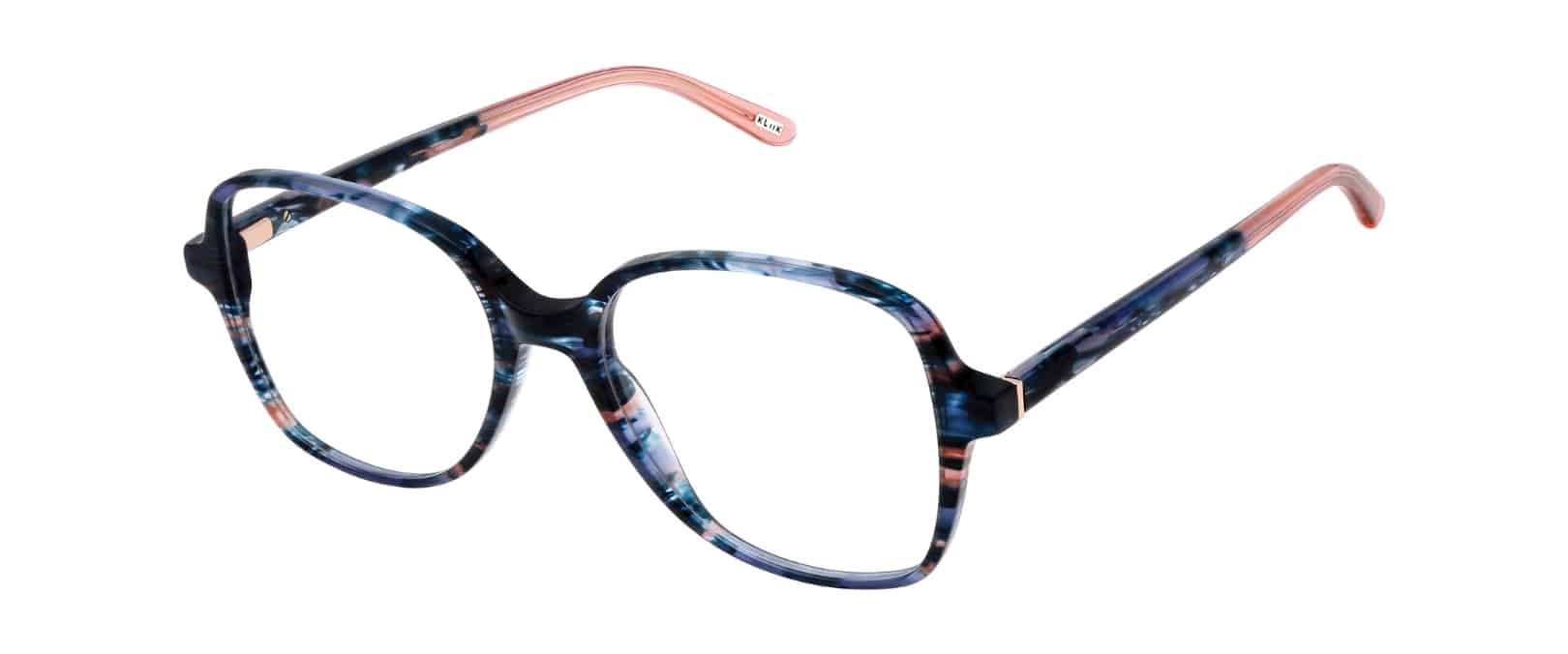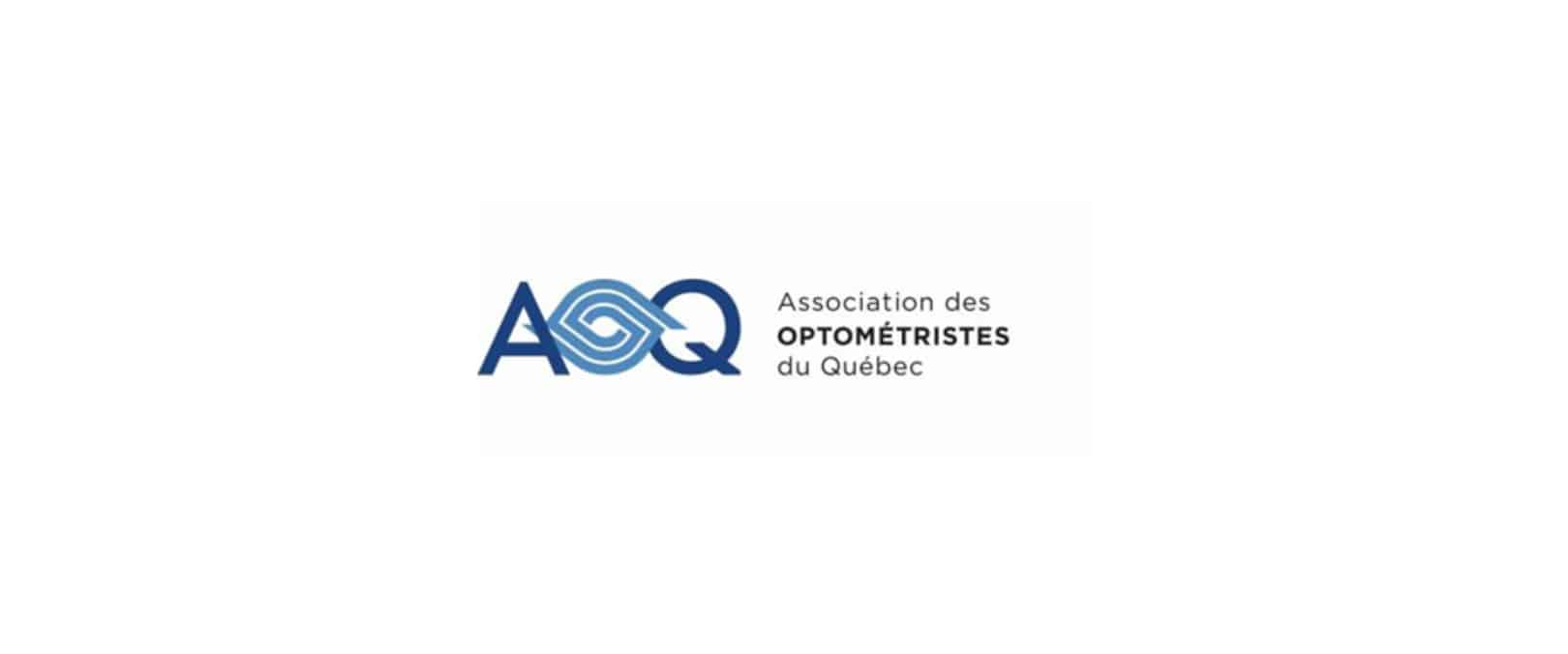Hubble Lenses Parent Pays $3.5 Million to Settle Violations of US Federal Regulations
Monday, February 7 2022 | 14 h 46 min | News
Vision Path, Inc, the parent company of Hubble contact lenses, an online seller of direct-to-consumer contact lenses will pay $3.5 million USD to settle US Federal Trade Commission (FTC) charges. The charges include several violations including failing to properly verify prescription information, and by substituting Hubble lenses for those actually prescribed to consumers.
The FTC also alleges the company failed to disclose that many reviews of Hubble lenses were written by compensated reviewers and, in one instance, by one of its own executives rather than by unbiased consumers.
The US FTC’s Contact Lens Rule (CLR), as amended in June of 2020, requires prescribers to automatically provide patients a copy of their prescription at the completion of the contact lens fitting. Before selling lenses, sellers must either obtain a copy of the consumer’s prescription, or verify the patient’s prescription information with the consumer’s prescriber.
Once a seller makes a valid verification request, it may sell the lenses identified in the verification if the prescriber does not deny the request or correct the prescription within eight business hours of the request.
Canada Not Immune to the Issue
Hubble does offer its services to Canadian consumers and provides an online “Find a Doctor” service through a web contact form, but does not provide an online directory of prescribers.
While there is no such Canadian federal equivalent to the US “Contact Lens Rule”, prescription release and verification requirements fall under each Province’s regulations.
Dr. Derek MacDonald, ILEX Eye Associates, Waterloo, ON, notes that, “While a spectacle Rx must be released to the patient, Ontario ODs are not obligated to release a CL prescription until they are convinced the patient is physiologically adapted”.
Nevertheless mandatory release of a spectacle lens provides the patient with the opportunity to order contact lenses online or from any other dispenser.
Dr. MacDonald’s concern is that patients can then order and reorder CLs continuously for a long periods of time, taking them outside the realm of professional care. Sub-optimized CL “fitting” can lead to vision compromise or to more serious vision problems.
FTC wants to send a message
“Hubble’s business model boosted its bottom line but created needless risk
for its customers’ eye health,” said Samuel Levine, Director of the FTC’s
Bureau of Consumer Protection. “Today’s action makes clear that firms will pay
a price for deceiving their customers, flouting the Contact Lens Rule, and
using misleading reviews.”
According to the complaint, Hubble violated the CLR and the Fairness to Contact Lens Consumers Act (FCLCA) by altering contact lens prescriptions from the prescribed brands to Hubble lenses, failing to obtain or properly verify contact lens prescription information submitted by consumers, and selling contact lenses after prescription verification requests were denied.
The list of violations and processes that HUBBLE used to try to allegedly circumvent the rules is available on the FTC website. Click here to see the full complaint detail.
Contact Lens Experts Warned of Dangers
A 2021 published review paper generally addressed the dangers and
consequences of inappropriate soft contact lens substitution by offering
objective, evidence-based perspective on a globally proliferating issue.
Its authors represent some of the most prominent researchers in the contact lens field: Nathan Efron, Phillip Morgan, Jason Nichols, Karen Walsh, Mark Willcox, James Wolffsohn, and Lyndon Jones, director of the Centre for Ocular Research & Education (CORE).
The authors write that “Given the wide range of parameters and properties available, few soft contact lenses are identical in their clinical performance. The consequences of inappropriate substitution of soft contact lenses can vary from physical or visual discomfort to significant physiological complications.”
CORE – Centre for Ocular Research & Education published an article on the review paper late last year. Click here to view the CORE article.








